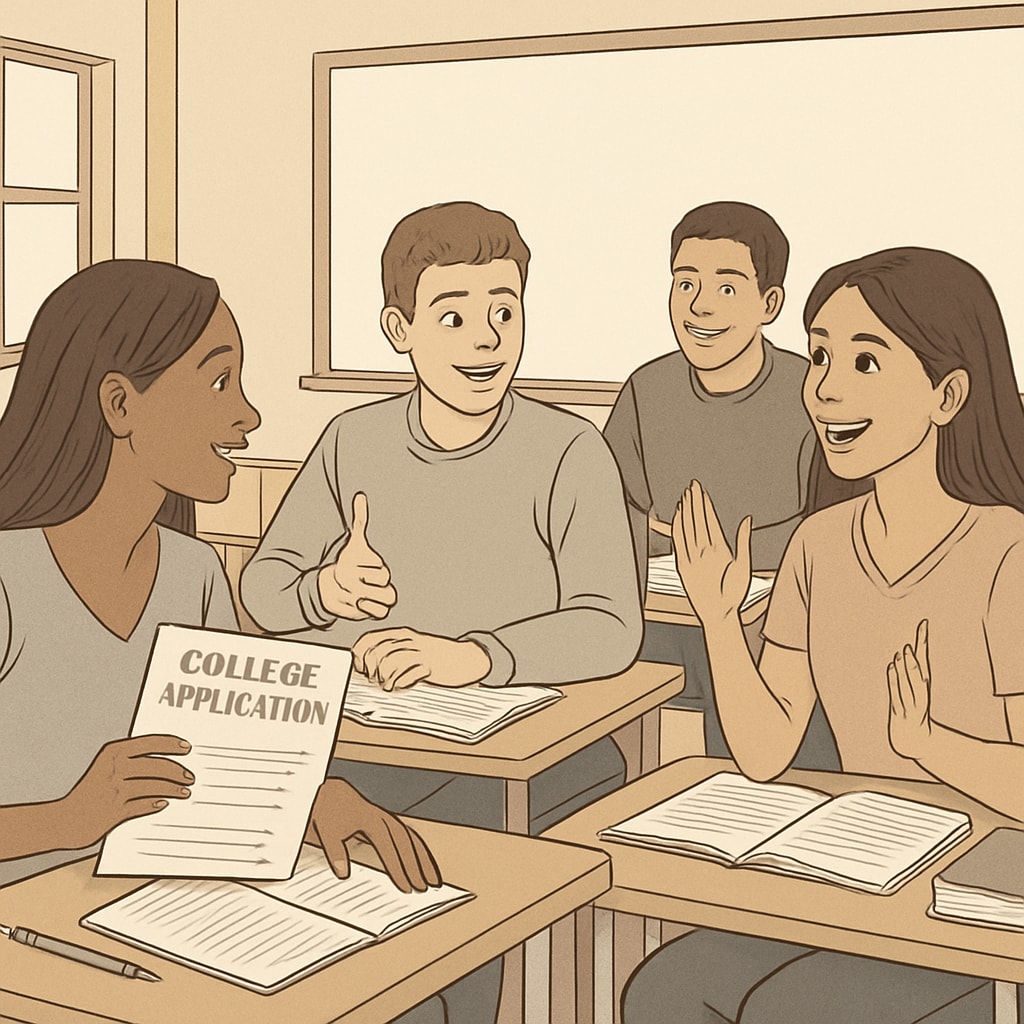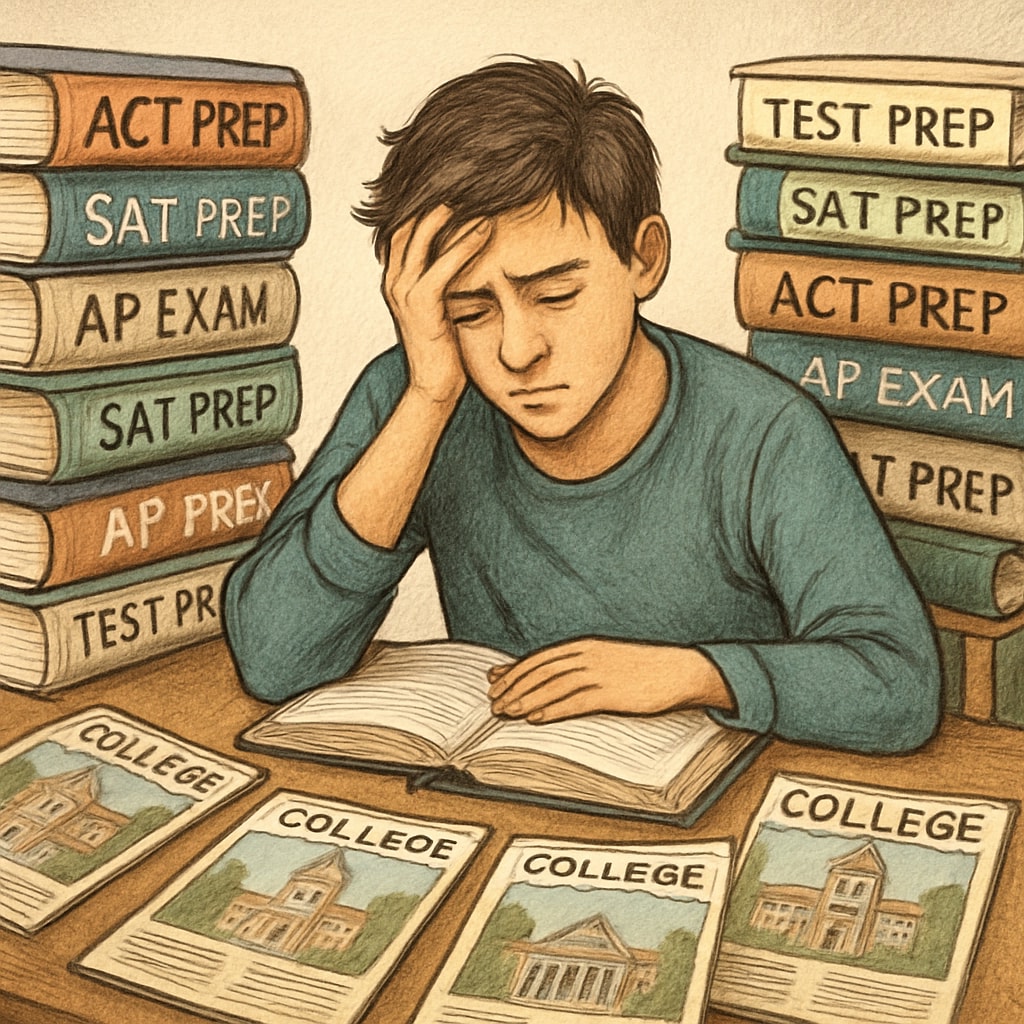In today’s K-12 education system, the names of Ivy League schools, especially Princeton University, are often treated as the ultimate benchmarks of success. The pervasive belief that these institutions guarantee prosperity, prestige, and personal fulfillment is rarely questioned. But are these elite universities truly as valuable as they are portrayed, or are they overrated? This article examines the potential pitfalls of “elite university worship” and calls upon educators and parents to rethink the true goals of education.
Is the Ivy League Reputation Overstated?
The Ivy League, a group of eight private colleges known for their academic excellence and exclusivity, has long been regarded as the pinnacle of higher education. Princeton University, in particular, is often lauded for its rigorous academics and illustrious alumni. However, there is growing skepticism about whether the actual value of these institutions justifies the intense competition to gain admission.
For example, while Ivy League schools boast high average earnings for graduates, these figures can be misleading. According to a study by economists Stacy Dale and Alan Krueger, the earnings of students who were accepted into Ivy League schools but chose to attend less prestigious institutions were nearly identical to those of their Ivy League peers. This suggests that the students’ ambition and talent, rather than the schools themselves, may be the real drivers of success.

The Consequences of “Elite University Worship”
Placing excessive emphasis on Ivy League schools, including Princeton, can have unintended consequences on students’ mental health and personal development. Many high schoolers are pressured to craft “perfect” resumes, sacrificing genuine interests for activities that appear impressive to admissions officers. This often leads to burnout, anxiety, and a loss of intrinsic motivation for learning.
In addition, the focus on elite universities marginalizes other educational paths. Community colleges, state universities, and trade schools are frequently overlooked, despite offering accessible and high-quality education. By narrowing the definition of success to a handful of institutions, we risk neglecting the diverse talents and aspirations of students.

Rethinking Educational Priorities
To counter the drawbacks of “elite university worship,” parents and educators must prioritize the holistic development of students. Instead of fixating on the prestige of an institution, we should encourage students to explore their passions, develop critical thinking skills, and cultivate resilience. These qualities are essential for long-term success, regardless of the college they attend.
Moreover, promoting a broader definition of educational excellence can help dismantle the stigma surrounding non-Ivy League institutions. Schools like the University of California, Berkeley, and the University of Michigan consistently produce groundbreaking research and accomplished alumni, demonstrating that world-class education is not exclusive to the Ivy League.
For more information on alternative educational paths, refer to this comprehensive guide on higher education.
Conclusion: Beyond the Ivy League
While Princeton and other Ivy League universities undoubtedly offer exceptional opportunities, their value should not be overstated. The relentless pursuit of a brand-name education often overshadows the broader purpose of learning: to grow intellectually, emotionally, and socially. By shifting our focus away from prestige and toward individual growth, we can create a more equitable and inclusive education system that benefits all students.
As Albert Einstein, one of Princeton’s most famous affiliates, famously said, “Education is what remains after one has forgotten what one has learned in school.” Let’s ensure that what remains is truly meaningful.


